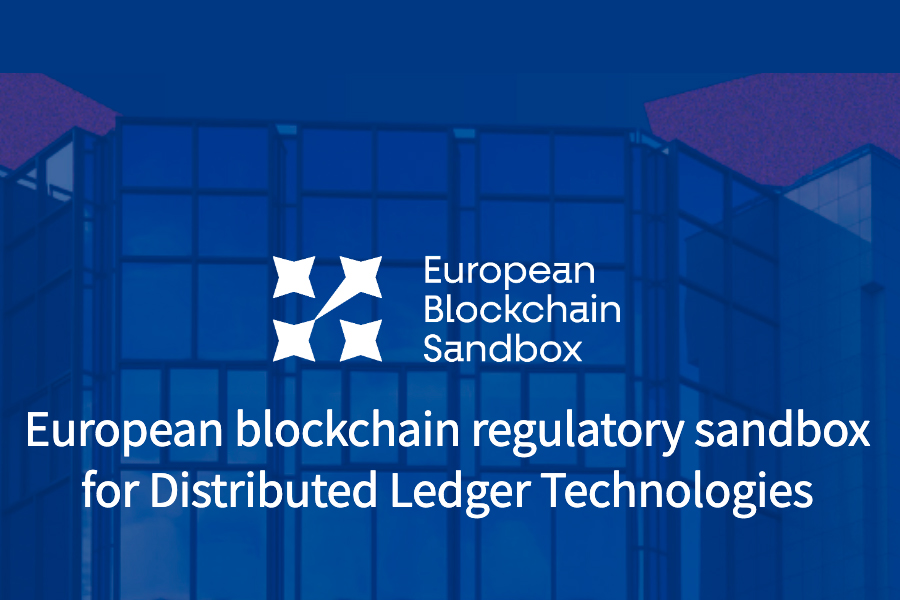The European Blockchain Sandbox Initiative (EBSI) expands with 41 regulators and authorities from 22 countries in its second cohort.

The European Blockchain Sandbox Initiative announced on September 30 that 41 authorities and regulators from 22 European Union and European Economic Area countries have joined the initiative.
France, Spain, The Netherlands, Italy, Greece, Slovenia, Germany, Cyprus, Portugal, Bulgaria, Belgium, Denmark, Norway, Latvia, Malta, Poland, Hungary, Slovakia, Iceland, Liechtenstein, Lithuania, and the Czech Republic are among the countries that have contributed.
Supporting the applications of distributed ledger technology
The European Commission established the EBSI to facilitate use cases that involve distributed ledger technology (DLT).
The project aims to establish a framework that enables blockchain initiatives, regulators, and authorities to engage in dialogue and identify legal and regulatory impediments to blockchain innovation.
The initiative aims to enhance the regulatory certainty of decentralized technology solutions, such as the blockchain. “The European Commission wrote:”
“The Sandbox will allow regulators and supervisors to enhance their knowledge of cutting-edge blockchain technologies. Legal advice will be provided and regulatory experience and guidance will be contributed in a safe and confidential environment.”
Furthermore, the EBSI will annually support 20 initiatives that develop use cases using blockchain technology. We will select the use cases based on various criteria, such as their legal relevance, business maturity, and contribution to EU policy priorities.
The law firm Bird & Bird will provide legal and regulatory advice to the initiatives, and they will have the opportunity to discuss regulatory questions with participating regulators.
Companies in the second cohort of the EBSI
The EBSI disclosed the companies chosen to participate in its second cohort on June 13. This encompassed organizations that were working on initiatives that sought to create blockchain-based digital passports, as well as those that were tokenizing real-world assets (RWA).
One of the initiatives selected for the second cohort is Iota, an open-source distributed ledger and crypto ecosystem.
According to Iota, the EBSI selection is a significant milestone for its identity solution. According to the initiative, this facilitates discussions regarding privacy and KYC in Web3.
“This is particularly pertinent at this time, as numerous regulators are evaluating their decentralized finance (DeFi) strategies,” Iota stated.

